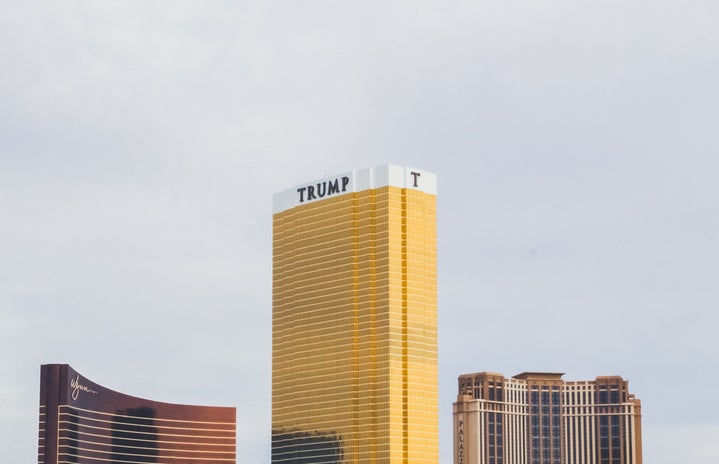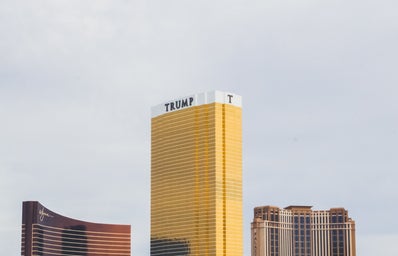As of last Friday, President Donald Trump declared that the U.S-Mexico border a national emergency; thus, allowing him to unlock billions of dollars (funding that is controlled by Congress) to divert towards his much-debated border wall. A majority of the time, people have to force themselves to be aware of what is going on within the inner workings of the government. This particular event, however, is one everyone should be looking into.
What exactly defines a national emergency is debatable, but we do know that it is at the discretion of the President to decide what is and is not an “emergency.” By declaring an emergency, a President is now able to have the assistance of several dozen specially constructed laws. By having access to these laws, the President has now gained the power to push aside most of the meticulously placed checks and balances that limit his or her authority within the government. Once the national emergency is in place, anyone that is directly affected by it is free to challenge it in a Court of Law. Congress is also allowed to draft a resolution to discontinue the emergency. Most of the time, resolutions are drafted to support the President’s declaration. However, the President could veto Congress’ vote unless there is a two-thirds majority vote in each chamber (also called supermajority).
Several Presidents in the past have declared national emergencies. Most recently, President Barack Obama declared one for the H1N1 virus in 2009 and George W. Bush declared one on behalf of trade policies and then 9/11. The reason that there is so much controversy over Trump’s particular declaration is that most people do not consider the issues at the border to be a crisis and consider it unconstitutional to declare it as one. While it is keeping Trump’s most pressing issues at the top of the agenda, it is also reallocating $1.375 billion for border security which is far less than needed to build the wall.
Trump provided a brief explanation for his declaration last Friday, “I didn’t need to do this, but I’d rather do it much faster,” he said. This generally defies the ideals of the Constitution, which ensures that things are done at a slower pace to carefully consider all decisions being made.
While there are some supporters, bipartisan lawmakers alike primarily believe that the declaration is a bad idea. Senator Marco Rubio (R-FL), gave his thoughts, “I generally don’t think it is a good idea”. Senator Rand Paul of Kentucky also called it a “bad idea.” The declaration of a national emergency does not 100 percent guarantee that the wall will be built– the Trump administration should expect to be hit with a string of legal challenges as a result. The Governor of California, Gavin Newsom already has plans to sue President Trump over his declaration. There are expected to be many similar cases to this one in the future as well.


